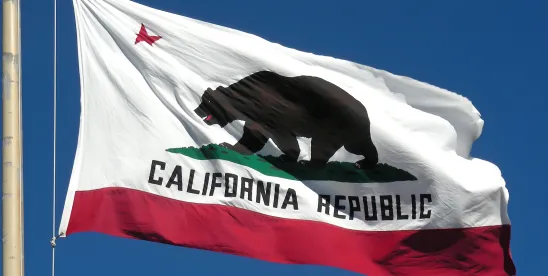On August 15, 2024, the California Supreme Court held in a unanimous decision that public employers are not “employers” within the meaning of the meal-and-rest-break provisions of the California Labor Code, and the California Private Attorneys General Act (“PAGA”) exempts public employers from penalties for violations of Labor Code provisions carrying their own penalties. The Court’s ruling substantial limits public employees’ ability to sue for wage-and-hour violations.
In Stone v. Alameda Health Sys., 553 P.3d 783 (Cal. 2024), the plaintiffs, a medical assistant and a vocational nurse working at Highland Hospital in Oakland, filed the suit against Alameda Health System, which operates several hospitals and clinics. The plaintiffs alleged their positions were subject to the requirements of the California Labor Code and relevant Wage Orders and that they were frequently improperly denied or discouraged from taking meal and rest breaks and had half an hour of pay deducted from each work day even when they did not take meal periods. Additionally, the suit sought civil penalties pursuant to PAGA.
The ruling authored by Justice Carol A. Corrigan of the California Supreme Court explained that the California Labor Code only applies to public agencies when expressly included in the statutory language. According to the California Supreme Court, the “plain language of the governing wage order… expressly excludes public employers from most of the wage and hour obligations it places on private employers, including meal and rest break obligations.” Moreover, as a matter of first impression, the Court reasoned that the definition of the term “person” was “central to resolving the issues” of the case and found that the definition found in Labor Code section 18 “communicates that government employers are not subject to the meal and rest break obligations it prescribes.”
Regarding PAGA, the Court held that the Legislature did not intend public employers to be subject to penalties. In so holding, the Court explained that exposing public entities to PAGA penalties would be untenable. Citing to PAGA’s requirement that 75 percent of any penalties be paid to the California Labor and Workforce Development Agency (LWDA), Justice Corrigan noted that “those penalties would be paid from the coffers of other taxpayer-funded public institutions.” Indeed, in amicus curiae briefing in support of the Alameda Health System, the California State University system asserted that unfunded PAGA liability was one reason for a recent tuition increase affecting all students.
In light of the ruling, the California Legislature could amend the relevant statutes or pass legislation “to provide for a different result,” as stated by the Court. However, PAGA recently was amended to address other issues, and there may be little appetite among lawmakers to revisit the law, particularly when the impact would be to expose government entities to additional financial risk.





 />i
/>i

